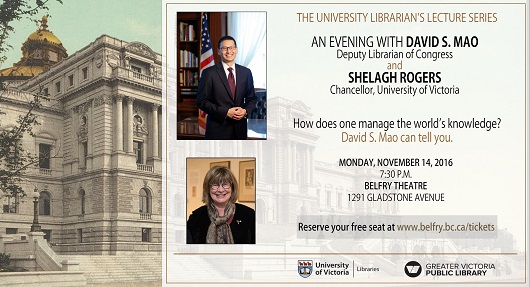On November 3, 2016, judgment was released in R (Miller) v Secretary of State for Exiting the European Union, [2016] EWHC 2768 (Admin) (“Miller“). As the style of cause suggests, the question before the High Court addressed the UK government’s decision to exit the European Union, the event commonly known as Brexit (a term not used in the judgment itself).
After reciting the background of UK’s membership in the EU and the process of its decision to leave, the court stated the question before it:
whether, as a matter of the constitutional law of the United Kingdom, the Crown—acting through the executive government of the day—is entitled to use its prerogative powers to give notice under Article 50 for the United Kingdom to cease to be a member of the European Union.
That is, the court was asked to consider the constitutionality of the executive’s use of prerogative powers to implement the EU exit process provided by Article 50 of the Treaty on European Union. The court noted the common ground observation that Brexit “will have profound consequences in terms of changing domestic law” in the UK. (The court emphasized at the outset that it was answering a justiciable question of law; the merits or demerits of withdrawal are matters of government policy and political judgment upon which the court’s decision had no bearing.)
The court concluded the Crown cannot use its prerogative powers to change domestic law, Article 50 notice has this effect, and thus the Secretary of State does not have the prerogative power to give notice under Article 50 as it did without Parliamentary intervention.
To reach its conclusion on the constitutional question, the court in Miller examined, among other matters, the terms of Article 50; the effect of notice; the principles of UK constitutional law, including the sovereignty of Parliament and the Crown’s prerogative power to make and unmake treaties where there is no change to domestic law; the requirement of Parliament’s intervention where treaties confer rights on individuals or deprive them of rights; the domestic effect of EU law in the UK, the constitutional status of the UK’s European Act of 1972 (ECA 1972); the rights arising from EU law and the ECA 1972 and the effect of withdrawal of those rights; other UK legislation relating to the EU; and the advisory nature of the Referendum Act of 2015.
The court noted its entitlement to grant declaratory relief on this justiciable issue; the precise form of its declaratory relief would follow the parties’ receipt of the judgment.
The full judgment and an unofficial summary of the judgment are available on the Miller case site, as are unofficial hearing transcripts.
For information about researching the Treaty on the EU, consult the Treaties and conventions module of the law library’s International Law research guide.



